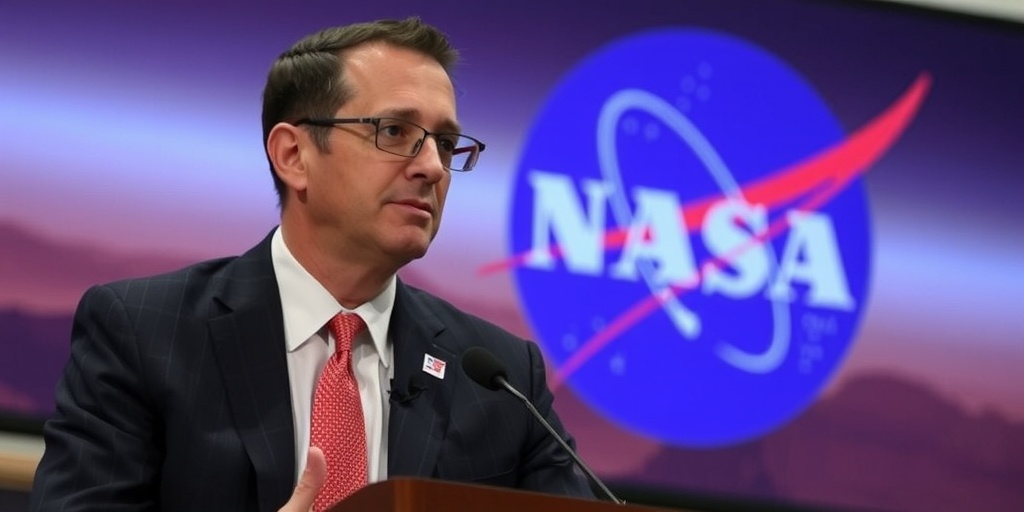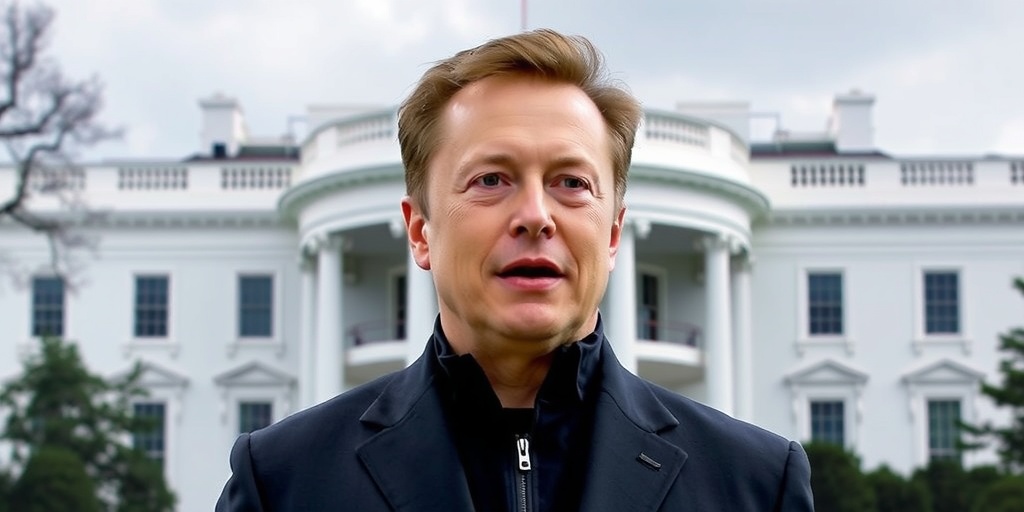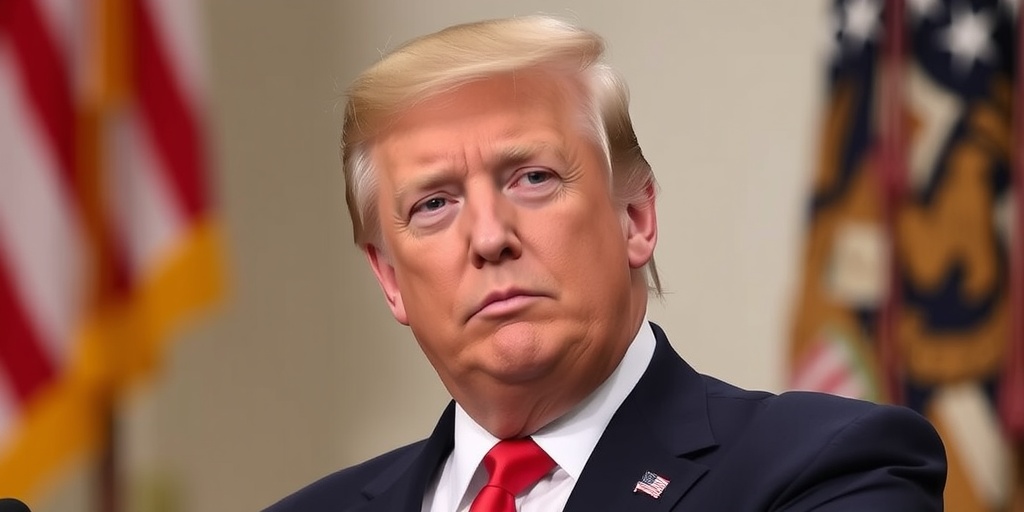Now Reading: Jared Isaacman, Trump’s NASA Pick, Prioritizes Mars Exploration in Hearing
-
01
Jared Isaacman, Trump’s NASA Pick, Prioritizes Mars Exploration in Hearing
Jared Isaacman, Trump’s NASA Pick, Prioritizes Mars Exploration in Hearing

NASA’s Future Direction: Aiming for Mars Under Jared Isaacman’s Leadership
NASA is set to embark on a bold new chapter as it prioritizes the goal of sending American astronauts to Mars, according to statements expected from Jared Isaacman, President Trump’s nominee to head the space agency. Isaacman, who has become well-known for his role as the CEO of Shift4 Payments and a close associate of SpaceX’s Elon Musk, will present his vision during a Senate committee hearing on Wednesday.
In an opening statement released ahead of the hearing by the Senate Commerce, Science and Technology Committee, Isaacman intends to emphasize a “mission-first culture” at NASA, delivering a clear message that the agency’s primary objective will be to facilitate missions to Mars. This focus represents a significant pivot from NASA’s current endeavors, which center on operations at the International Space Station (ISS) and the Artemis program, aimed at returning astronauts to the moon by 2027.
Mars has long been heralded as the ultimate destination for human exploration, and Isaacman’s nomination aligns with a growing sentiment among the aerospace community that a concerted effort towards Mars should take precedence. Should he gain confirmation, Isaacman plans to leverage his experience from leading two private astronaut flights to orbit, bringing a fresh perspective that resonates with the innovative approaches of modern aerospace companies like SpaceX.
Isaacman is careful to clarify that NASA will not disregard lunar exploration as it sets its sights on Mars. Instead, he will depict the moon as a crucial steppingstone on the path to the Red Planet. In his prepared remarks, Isaacman asserts that traveling to Mars will inherently provide opportunities to further explore the moon’s resources and understand its scientific, economic, and national security advantages. He believes maintaining a presence on the lunar surface is vital to developing the technologies necessary for more ambitious space endeavors.
Moreover, Isaacman is expected to outline additional objectives for NASA, including the encouragement of economic activity in low Earth orbit. His vision calls for an energized scientific agenda that could lead to increased discoveries and innovative advancements in space technology. As he steps into the limelight during a period marked by considerable uncertainty within NASA, his testimony could help delineate a coherent roadmap for the agency’s future.
Isaacman’s confirmation hearing is particularly significant given the challenges that face NASA under the Trump administration, which has seen the elimination of critical offices, such as the chief scientist’s office and other strategic advisory roles. Despite these changes, NASA has avoided the extensive layoffs seen in other federal agencies, maintaining a workforce that is poised for future missions.
Controversy arises, however, from Musk’s viewpoint, which characterizes the moon program as a “distraction.” Musk has expressed skepticism about the relevance of the ISS and has suggested that it might be time to phase it out. These opinions diverge sharply from the bipartisan consensus in Congress, where political leaders emphasize the need for continuity in NASA’s mission and objectives.
During the hearing, Isaacman will likely face pressing questions regarding the fate of NASA’s Space Launch System (SLS), a heavy-lift rocket that has been in development for over ten years at great expense. Past criticisms from Isaacman himself, describing the SLS as “outrageously expensive,” could put him in a challenging position, especially since the rocket is already prepared for upcoming Artemis missions, including the anticipated Artemis II flight, which aims to send four astronauts around the moon.
Senator Ted Cruz, Republican of Texas and chair of the commerce committee, expressed optimism following a meeting with Isaacman, referring to him as “committed to having American astronauts return to the lunar surface ASAP,” highlighting the agency’s necessity to develop crucial technologies for missions to Mars.
Isaacman’s candidacy marks a departure from the traditional backgrounds of previous NASA leaders, many of whom have come from within the agency or the broader aerospace industry. His experience, rooted in private spaceflight initiatives—most notably the Inspiration4 mission, which launched a civilian crew into orbit without professional astronauts—introduces a new dynamic to NASA’s leadership.
His history of innovative projects, including advanced tests of both space travel technologies and crew capabilities during missions like Polaris Dawn, showcases his commitment to pushing the boundaries of human space exploration. However, it remains unclear how he would prioritize these ambitious missions while balancing the existing commitments to lunar exploration.
As Isaacman prepares to navigate the complex landscape of federal space policy, his leadership could pave the way for an ambitious new era for NASA, marked by a renewed focus on Mars and the promotion of a vibrant economy in space. The stakes are high, and the outcome of his confirmation could significantly shape the future of America’s role in space exploration.
Stay Informed With the Latest & Most Important News
Previous Post
Next Post
-
 01New technology breakthrough has everyone talking right now
01New technology breakthrough has everyone talking right now -
 02Unbelievable life hack everyone needs to try today
02Unbelievable life hack everyone needs to try today -
 03Fascinating discovery found buried deep beneath the ocean
03Fascinating discovery found buried deep beneath the ocean -
 04Man invents genius device that solves everyday problems
04Man invents genius device that solves everyday problems -
 05Shocking discovery that changes what we know forever
05Shocking discovery that changes what we know forever -
 06Internet goes wild over celebrity’s unexpected fashion choice
06Internet goes wild over celebrity’s unexpected fashion choice -
 07Rare animal sighting stuns scientists and wildlife lovers
07Rare animal sighting stuns scientists and wildlife lovers





















